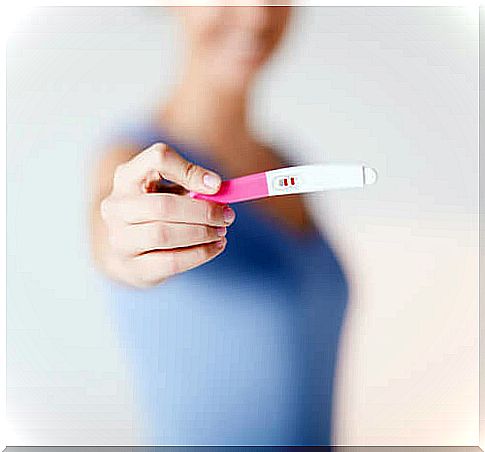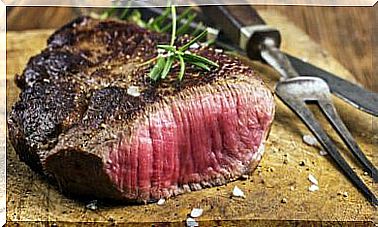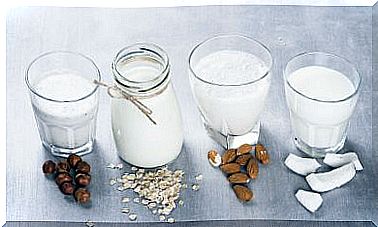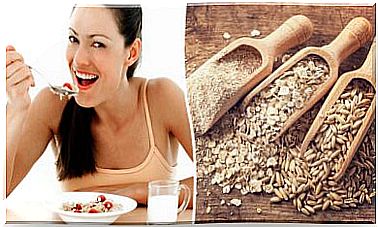Nutritional Supplements In Pregnancy And Lactation
Nutritional supplements in pregnancy and lactation help maintain an adequate state of health, both for the mother and the child. This It has been shown that the mother’s diet is decisive for the optimal development of the fetus.
With proper nutritional status, many problems can be prevented during the preconception, pregnancy, and breastfeeding periods. Therefore, today it is very common for the specialist to recommend taking nutritional supplements. These supplements are specific for each period of the aforementioned; preconception, pregnancy and lactation.
Nutrition in preconception
The mother’s nutrition in the preconception period is decisive when it comes to achieving a healthy development process, since it significantly influences both fertility and the initial phase of pregnancy. The growth of the fetus is closely related to the nutritional status of the mother.
If you are thinking of getting pregnant, go to your doctor to assess your health and to recommend the appropriate nutritional supplement, if you need it. In this way you can adopt the necessary guidelines to carry a healthy life style.
Consuming long-chain omega-3 fatty acids, primarily eicosapentaenoic acid (EPA) and docosahexaenoic acid (DHA), contribute to good general health. They favor the proper functioning of the heart, lungs, immune system and endocrine system, as stated in a publication in the Annual Review of Food Science and Technology .

Nutritional supplements in pregnancy
Studies have shown how convenient it is to add nutritional supplements to a pregnant woman’s diet. These supplements include nutrients such as folic acid, vitamin B12, iron, iodine, and other micronutrients such as vitamins and minerals.
Folic Acid (Vitamin B9) and Vitamin B12
These vitamins are essential for proper cell development. Folic acid acts from the beginning of pregnancy, so it is recommended to take it even when you think about having a pregnancy.
The intake of this micronutrient has been shown to reduce the risk of problems in the development of the baby’s cognitive system, such as neural tube defects.
Iodine
During the nine months that a pregnancy lasts, iodine needs increase. They are related to a correct growth and intellectual development of the fetus. If adequate levels of this mineral are not maintained and there is a deficit, the baby may have congenital hypothyroidism.
Iron
In pregnancy, iron needs increase a lot, so taking supplements is recommended on a regular basis. In this way, both the mother’s needs and the adequate contribution to the baby are covered. Iron is a very important mineral since it is involved in the transport of oxygen to cells.
Omega-3 fatty acids
These are nutrients that are essential for the body. DHA contributes to the brain, visual and eye development of the baby. There is also evidence that this type of lipid improves the cardiovascular health of the mother and the child.
Vitamin D
Vitamin D is important because it contributes to the proper growth and development of bones in children. It is necessary to maintain adequate levels of vitamin D in the mother during pregnancy so that calcium is absorbed and there is proper bone development.
What components are in nutritional supplements for lactation?
During lactation the nutritional needs are different and more demanding than during pregnancy. The baby is fed by receiving most of the essential nutrients from the mother, through milk. For this reason, it is necessary to provide adequate supplements to these needs. Among the nutrients that nutritional supplements carry for the lactation stage are the following:
Folic Acid (Vitamin B9)
During breastfeeding, the mother’s vitamin B9 levels may decrease as part of it passes into breast milk. Folic acid helps reduce tiredness and fatigue.
Vitamins A and D
Breast milk is the best source of vitamin A and vitamin D. Vitamin D contributes to the absorption and use of calcium. The contribution of vitamin D to breast milk will be a function of the mother’s vitamin D levels.

Iodine
The nursing woman needs almost twice the amount of iodine to guarantee the necessary supply to the baby.
Calcium and iron
The mother’s needs for calcium and iron during breastfeeding are greatly increased. Iron was involved in the formation of red blood cells and hemoglobin.
Omega-3 fatty acids
They are necessary nutrients for the body. DHA contributes to the normal development of the infant’s brain and eyes. In addition, this nutrient prevents inflammatory states.
Nutritional supplements can be an ally
Nutritional supplements in pregnancy and lactation are specifically formulated to meet the needs of each stage. Not only should you take care of your health when you already know that you are pregnant, but it is also convenient that you prepare your pregnancy in advance . Each situation has its peculiarities and, sometimes, it is necessary to evaluate the context to know how to supplement correctly.









